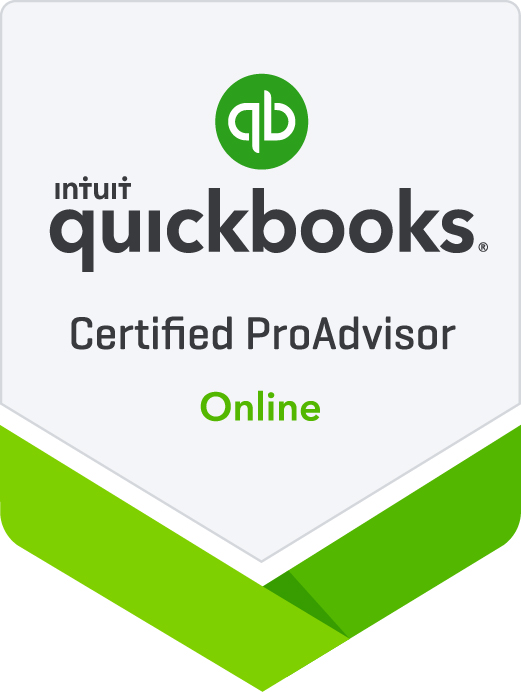Spring into Action: Reboot Your Q1 Goals for Q2 Success
/As the first quarter comes to a close, it's essential to take a moment to reflect on your progress and adjust your goals for the next quarter. This process not only helps you stay on track but also ensures that your objectives remain relevant and achievable. Here's how you can revisit your Q1 goals and set yourself up for success in Q2 using the SMART goal framework.
Understanding SMART Goals
SMART is an acronym that stands for Specific, Measurable, Achievable, Relevant, and Time-bound. These criteria help you create clear, actionable objectives that guide your progress and ensure accountability.
Specific: Clearly define what you want to achieve. Ask yourself, "What do I want to accomplish?" and "What actions will I need to take?"
Measurable: Include methods to track your progress. This could involve metrics or milestones that indicate success
Achievable: Ensure your goal is realistic given your resources and time constraints. Consider what obstacles might hinder your progress and plan accordingly.
Relevant: Align your goal with your overall vision and values. Ask yourself if achieving this goal will have a meaningful impact.
Time-bound: Set a specific deadline for achieving your goal. This helps maintain focus and motivation.
Reflecting on Your Progress
Evaluate Your Achievements: Look back at what you've accomplished so far. Celebrate your successes and identify areas where you fell short.
Identify Challenges: Reflect on any obstacles that hindered your progress. Consider how you can overcome these challenges in the next quarter.
Adjust Your Goals: Based on your reflection, adjust your goals to better align with your current situation. It's okay to modify or even change your goals if they no longer serve your purpose.
Strategies for Staying on Track
Set Fewer, More Focused Goals: Prioritize your objectives to ensure you're focusing on what truly matters. Limit yourself to 2-3 key goals per quarter.
Quantify Your Results: Use clear metrics to define success. This helps maintain focus and ensures that all activities contribute to achieving your goals.
Regular Check-Ins: Schedule weekly or monthly meetings to review progress, celebrate milestones, and adjust your strategy as needed.
Establish a Support System: Share your goals with supportive individuals who can provide encouragement and feedback.
Reward Progress: Celebrate your achievements along the way. This can be as simple as treating yourself to something special or taking time off.
Conclusion
Revisiting your Q1 goals is not just about assessing what went right or wrong; it's about using that insight to propel yourself forward. By setting SMART goals and implementing strategies to stay focused, you can ensure that your objectives remain aligned with your vision and values. As you move into Q2, remember to stay flexible, celebrate your progress, and keep pushing forward toward your goals.
Keep IT Sunny

























